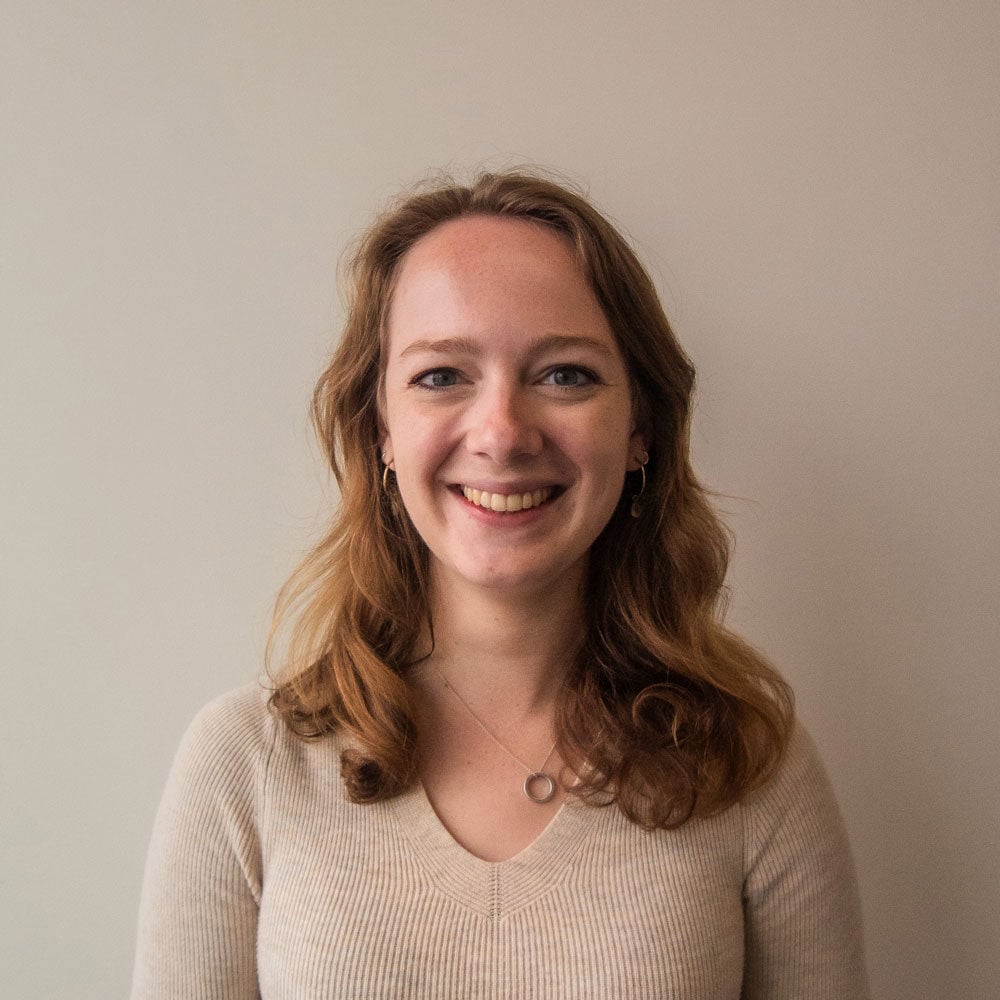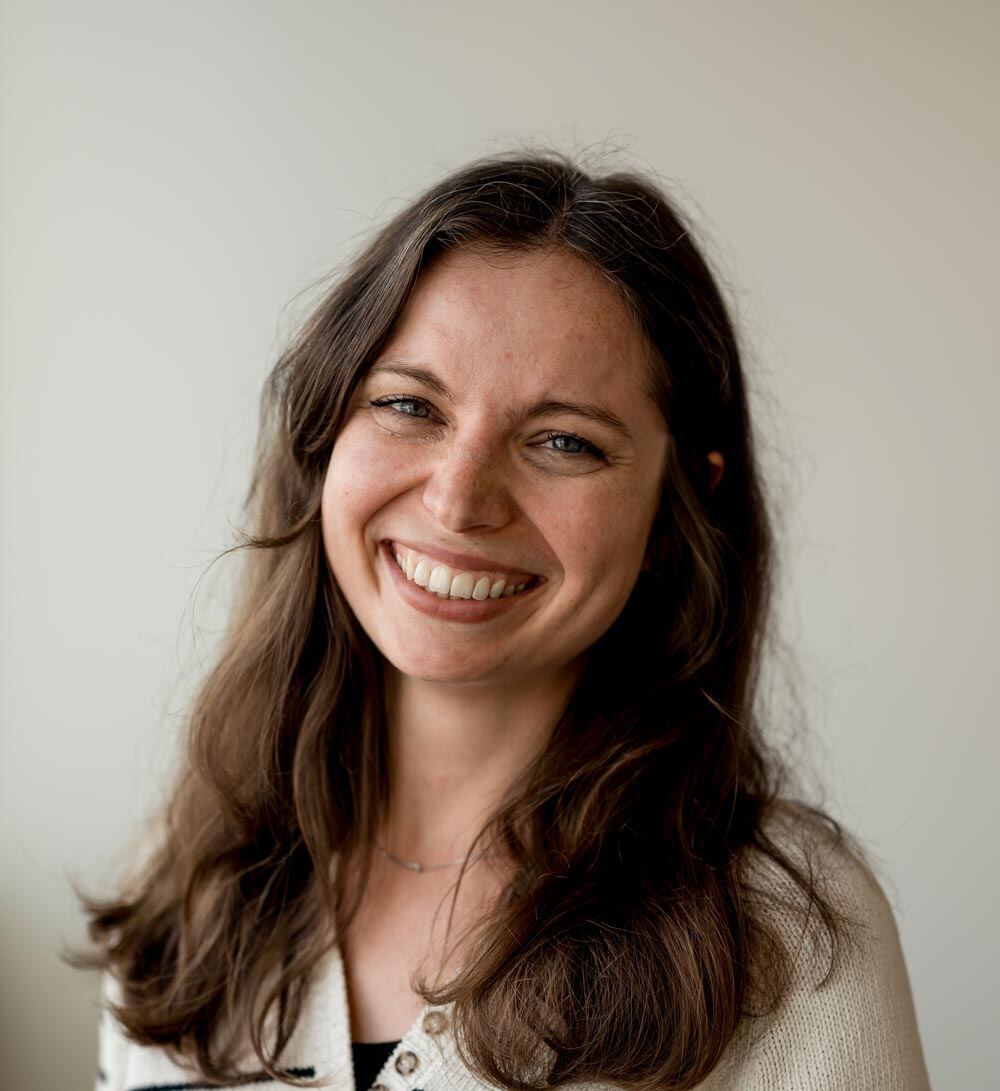Meet Thierry Dorval, Head of Data Science and Management at Servier
Meet Thierry Dorval, Head of Data Sciences and Management at Servier, a pharma company located in Europe’s Silicon Valley, the Plateau de Saclay.
An interview brought to you by Luci, co-author of the Synthesis newsletter. Want to keep absorbing wisdom from experienced folk in drug discovery?Get the "Synthesis" (read: shorter) version delivered to your inbox every other week, or subscribe on LinkedIn.
Why did you get into drug discovery?
I didn’t plan to get into drug discovery. Originally, I was a physicist. I did a PhD in applied mathematics.
I only started learning about drug discovery and biology when I worked as a data scientist at the Institut Pasteur in South Korea. I began enjoying biology’s complexity, and I was humbled by it. I became interested in integrating biological understanding into thinking about what will be the next drug. I started a team in cellular differentiation, where I built cellular models for phenotypic screening. After that, I also integrated toxicity prediction into these models.
At some point, my interest in drug discovery turned into an obsession.
What does a typical day look like for you?
As a leader and a manager, I spend all my time either organizing or being in meetings. It’s exciting, because I can go from guiding a PhD student on systems biology, to talking about company strategy with the research leadership team, to advising on how we can integrate new data.
I like that I’m involved with the strategic and operational aspects, across lots of different fields—whether that’s data management, data science, biology, chemistry, or computational chemistry. Every day is an intellectual challenge.
In your view, what are the most pressing challenges in drug discovery?
There’s the expectation and pressure on people working with data and AI. We have massive amounts of heterogeneous data—in terms of source, quality, modality—and we need to make sense of it all. And we can’t do that with the algorithms we’re using: We need to think about how we’re accessing and managing that data, and how we can know we can trust it. On top of that, we also need to think about AI models—everything from how we manage them, version them, trace them.
We’ll also have to think more about how we handle AI generated data in drug discovery, as over time there’s going to be a mix of synthetic data and experimental data—and there’s nothing that will help us tell the difference. We need to take this seriously, as in a few years, we could wake up and our data will be completely contaminated. We’ll face a crisis in trust.
What skills should all drug discovery researchers be developing?
- Maintain a “scientific mindset.” By that, I mean that you need to be conscious of our tendency as humans to trust our gut. You should only trust what you can test and validate.
- Be resilient. There’s a chance that during your career, you may never be part of a success story. You need to come to terms with that.
- Be open-minded. Because you don’t know what you don’t know.
Tell me about a recent project that excited you.
We’re currently working on building a knowledge graph for early-stage discovery, to bring together different types of data, either experimental or predicted, with different levels of trust.
This approach is super exciting, because inside this big mess of data, we know there’s knowledge to extract. Also, the way you deal with the knowledge graph has nothing to do with querying a database: Instead you’re going from one connection to another. You’re deep-diving into the data and extracting knowledge in a very human way. And it’s very synergetic with our approach to AI. We’re using the combination in our internal project, and I think it will be the next step in data analysis.
What's a key thing you've learned from success (or failure)?
Failing isn’t an issue, because by failing, you’re providing knowledge. You know that something doesn’t work, you’ve learned something. You need to turn that mentality upside down. Failure should be a positive thing—though this isn’t a straightforward concept to grasp, particularly in France.
And definitively, what makes things successful is collective intelligence. When you have access to chemistry, biology, and the clinical aspect, your project can become super efficient. If you’re lucky enough to have this, make sure you tap into those resources.
What's coming in drug discovery that you're excited about?
I believe that at some point, de novo generation of molecules will explode and change the game. Whether it’s de novo generation of small molecules, antibodies, or antisense oligonucleotides, we aren’t starting from a lead. We’re starting from de novo. If we combine this approach with experimental validation, I’m super excited about how things will evolve.
Any top tips for helping scientists adopt new technologies?
Keep an open mind, and avoid becoming that grumpy person who criticizes. As scientists, we can get to a point in our careers where we’re convinced of what we know, and what can happen. But not knowing everything is what makes our jobs as scientists super exciting. Take a hard look at yourself in the mirror, and ask yourself, “Am I as open as I was when I was a student?”
Who's helped you most in your career?
Jean Philippe Stephan. He’s been a mentor to me, and he was the person who recruited me here at Servier. I wasn’t a perfect fit for the position, but at the time I think that he saw something in me, and felt that I could do the job. Since then, it’s been a super exciting journey.
What's a book, paper, or article you'd recommend?
Paper I’d recommend: Takahashi, K., & Yamanaka, S. (2006). Induction of pluripotent stem cells from mouse embryonic and adult fibroblast cultures by defined factors. Cell, 126(4), 663–676. DOI: 10.1016/j.cell.2006.07.024
I think this one’s been cited around 40,000 times, and Yamanaka was awarded the Nobel Prize for it. It’s about inducing pluripotent stem cells. I like papers that aren’t overly complicated, but really impactful.
Book I’d recommend (French): La Sculpture du Vivant: Le suicide cellulaire ou la mort créatrice by Jean-Claude Ameisen
La Structure du Vivant, or The Structure of Life in English, is about making sense of death from a biological and philosophical point of view. It gives you perspective on how death is helpful for life. I really enjoyed reading it.
Lucia Dunajová, PhD
Luci is a Senior Research Scientist at Synthace and co-author of the Synthesis newsletter. Luci has a PhD in Biomedical Sciences from the University of Nottingham. Prior to joining Synthace, Luci was a Senior Scientist at OXGENE, where she led engineering of mammalian cell lines for lentiviral production.
Other posts you might be interested in
View All PostsMeet Professor Chris Molloy, CEO at Medicines Discovery Catapult

Meet Thierry Dorval, Head of Data Science and Management at Servier

Meet Dan Thomas, CEO & Founding Consultant at Twenty24 Consulting

